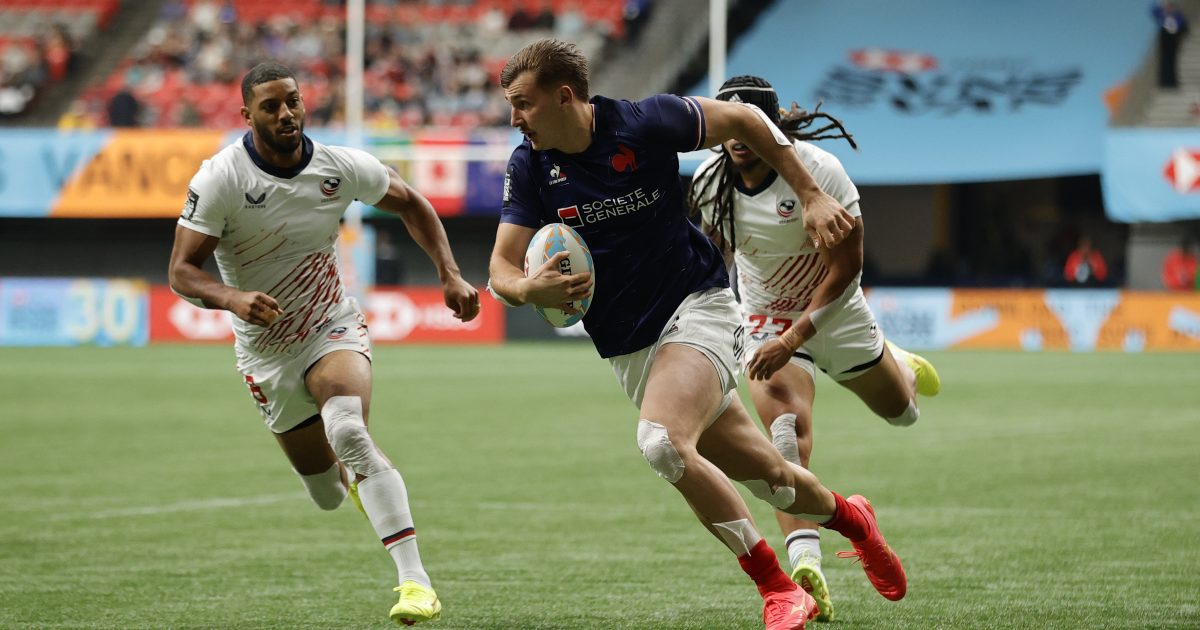Les dates de l’In Extenso Super Sevens 2024-2025 sont connues

Le championnat de clubs professionnels consacré au rugby à 7 en France se jouera fin août 2024, soit juste avant la reprise du Top 14, avant la finale en février 2025.
Les dates ont été dévoilées lundi 25 mars et confirment quatre rendez-vous importants.
Les trois étapes qualificatives se dérouleront respectivement le 17 août à Mont-de-Marsan, le 24 août à La Rochelle et le 31 août à Pau.
Les équipes qui remporteront chaque étape ainsi que les meilleures équipes au classement général, soit un total de 8 équipes qualifiées, se réuniront pour se disputer le titre de champion de France lors de la finale du premier championnat de clubs professionnels, prévue le 1er février 2025 à la Défense Arena à Paris.
Pour encourager la pratique du rugby à sept
Initié en novembre 2019 par la Ligue Nationale de Rugby, l’In Extenso Supersevens est la première compétition professionnelle de rugby à sept en France. Elle réunit les 14 équipes du Top 14, une équipe de Monaco et un invité.
L’objectif initial était de développer la pratique du rugby à sept, ainsi que d’accroître sa compétitivité et sa popularité. En 2019, Canal + avait décroché les droits de retransmission jusqu’en 2027.
En 2023, la Section Paloise avait triomphé lors de deux des trois étapes du Super Sevens, mais avait dû s’incliner en finale contre les Barbarians français, l’équipe invitée. Depuis la création du SuperSevens Pau a terminé vice-champion de trois des quatre éditions.
La première édition avait été remportée par le Racing 92 (2020), la suivante par les Barbarians Français (2021), la troisième par Monaco (2022) et la dernière en date par les Barbarians (2023).
Esteban Capilla, joueur du Supersevens
Fin novembre 2023, Le troisième ligne de l’Aviron Bayonnais, Esteban Capilla (21 ans), a été élu meilleur joueur de l’In Extenso Supersevens lors de la Nuit du Rugby. Une distinction qui s’ajoutait au titre de champion du monde avec les U20 obtenu quelques mois avant en Afrique du Sud.
Après l’étape de Perth en Australie fin janvier, Capilla a remporté le bronze avec l’équipe de France de rugby à 7 sur le tournoi de Vancouver fin février avant de se blesser et d’être forfait pour Los Angeles où la France a décroché sa première médaille d’or depuis 2005 grâce à l’apport d’Antoine Dupont.











































